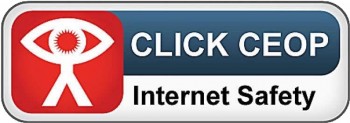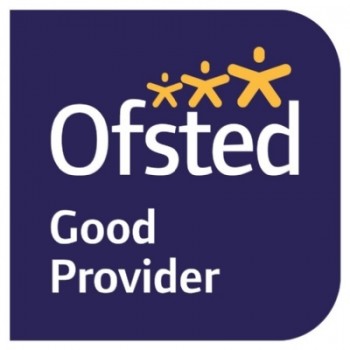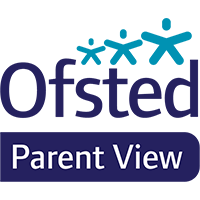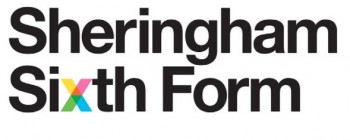Synergy Multi-Academy Trust comprises fifteen Norfolk schools serving children between the ages of 2 and 18. Our schools work collaboratively together to raise standards and provide education of the highest possible standard, offering the best of opportunities for pupils. The Trust was initially established in 2015. We believe that all of our schools have strengths and areas to develop, and that all can improve through sharing expertise and wisdom. The Trust understands that there will be excellent practice in each school, and that every school will be able to contribute to the development of the Trust as a whole.
- Reepham High School
- Reepham College
- Reepham Primary
- Bawdeswell Primary School
- Foulsham Primary School
- Mattishall Primary School
- Astley Primary School
- Corpusty Primary School
- Litcham School
- Fakenham Infant & Nursery
- Fakenham Junior School
- Antingham and Southrepps Primary & Nursery
- Cromer Junior School
- Gresham Village Primary School & Nursery
- Sheringham High School
- Stalham High School









